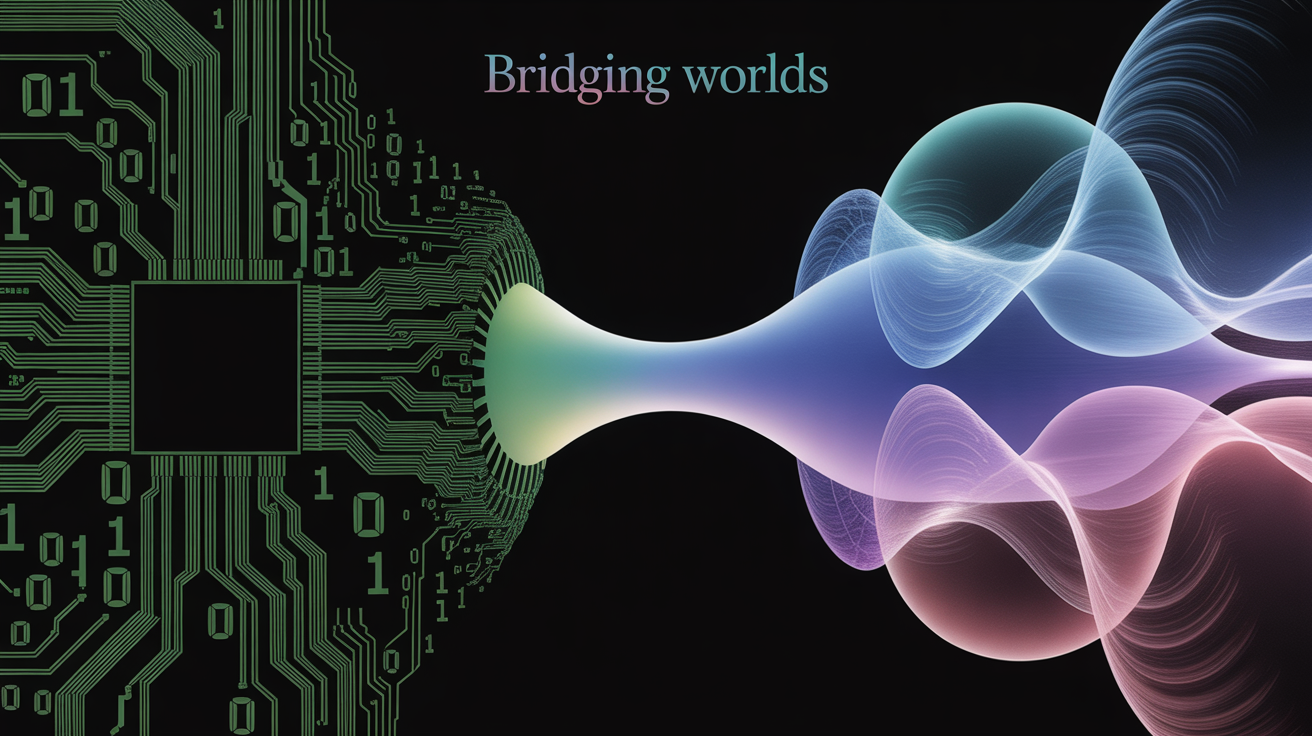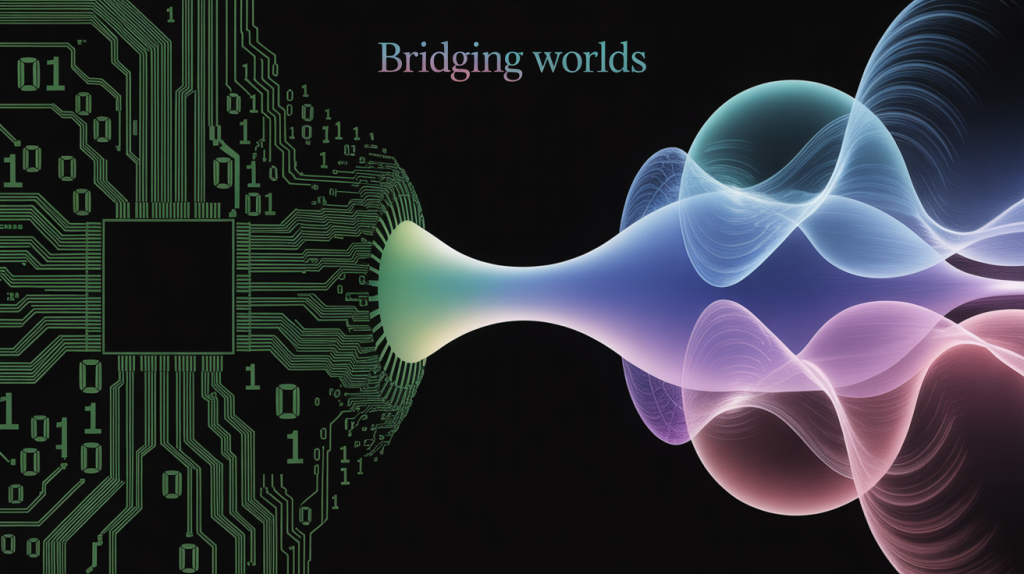Physical Address
304 North Cardinal St.
Dorchester Center, MA 02124
Physical Address
304 North Cardinal St.
Dorchester Center, MA 02124

You’ve probably heard the buzz. “Quantum computing is coming!” “It’s going to change everything!”

It sounds like science fiction, but it’s real. And the simplest way to think about it is this: your laptop is a trusty bicycle, but a quantum computer is a rocket ship. They’re not just a “faster” version of what we have. They’re a completely different beast.
So, why do we even need them?
Well, our regular computers are amazing, but they have limits. When they face a really hard problem—like trying to invent a new medicine from scratch or predicting a hurricane’s exact path—they just get stuck. They try to solve it one step at a time, and it would take them thousands of years.
We’re hitting a wall. To solve the world’s biggest problems, we need a new kind of thinking. We need a rocket ship.
Okay, this is where things get a little weird (but cool!).
Your phone or laptop works with “bits.” A bit is a tiny switch that’s either a 1 (on) or a 0 (off). Simple.
Quantum computers use “qubits.” And qubits are… well, they’re dramatic. A qubit doesn’t have to choose. Thanks to a wild physics rule called superposition, a qubit can be a 0, a 1, or both at the same time.
Think of it this way:
Because they can hold all these possibilities at the same time, quantum computers can explore millions of paths in a single step. Instead of walking through a maze one turn at a time, they can see every possible path instantly.
There’s one more piece of “magic” called entanglement. You can link two qubits so they’re connected, no matter how far apart they are. If you look at one, you instantly know what the other one is doing, even if it’s on the moon. Albert Einstein called it “spooky action at a distance” because it just didn’t make sense.
It’s this combination—superposition (trying all options) and entanglement (seeing the connections)—that gives them their incredible power.
This isn’t just about faster Netflix. This is about solving problems we thought were impossible.
(Haha) No. Not for a long, long time.
Right now, quantum computers are giant, ridiculously fragile machines that have to be kept colder than outer space. They’re like the room-sized computers from the 1950s.
We won’t have a “quantum laptop” anytime soon. But companies like Google, IBM, and a ton of startups are in a race to build better ones.
The takeaway? You’re living at the very beginning of a new age of computing. It’s complicated, it’s a little weird, but it’s going to be one heck of a ride.